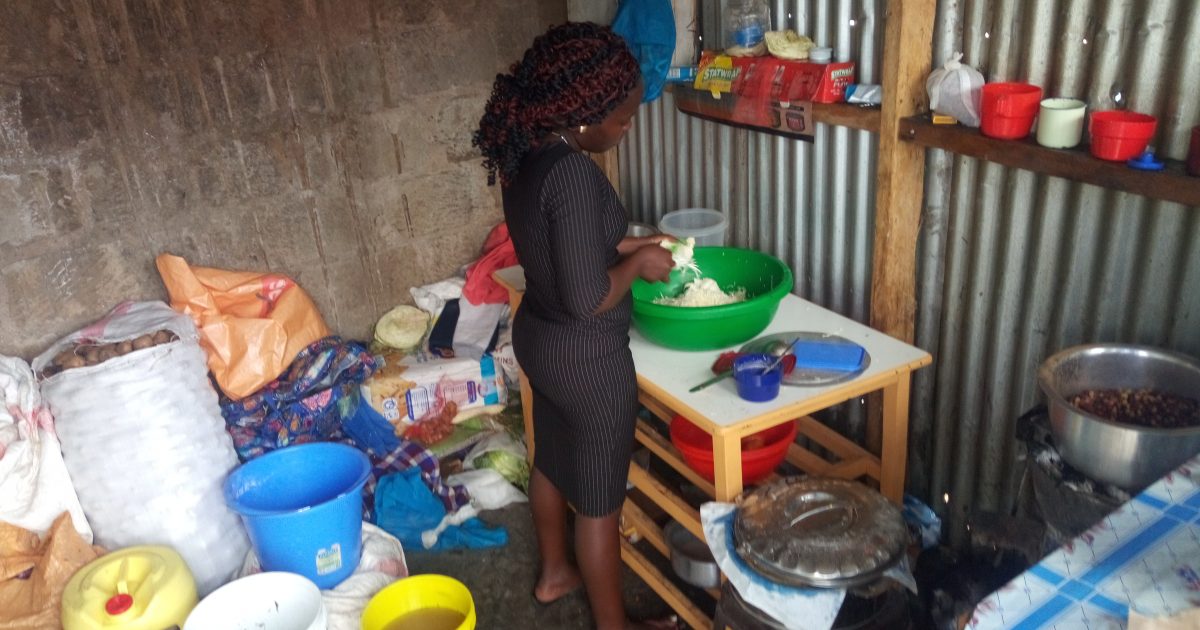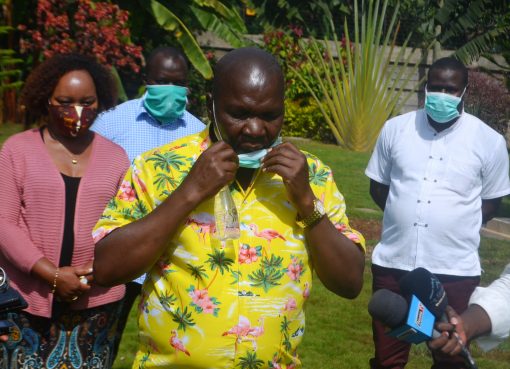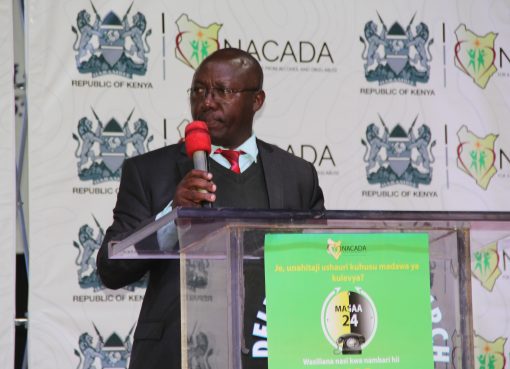The year 2020 is now gone but the economic challenges faced in the year occasioned by Covid-19 pandemic are still here with us.
However, while the challenges affect every person in the society, the fact remains that they do not affect everybody equally.
Following the pandemic, most small businesses shut down due to lack of customers while others are struggling to revive after making huge losses.
Martha Muthoni Wangui, 31, and a mother of one has proven to be an excellent swimmer against the current and despite the situation, she is not about to give up.
The young woman who owns a food kiosk in the outskirts of Narok town acknowledges that she is recovering from the losses she made last year.
“My business almost closed down when the government imposed a 7pm to 5am curfew to curb the spread of Coronavirus in the months of April to June last year,” she recalled saying that is the time most of her customers start flocking in.
She remembered most of the boda boda riders who are her main customers chose to remain at home when the Department of Health advised people to remain at home to avoid the spread of the virus.
“I would open my business during the day but barely sold anything. Most of the foods I cooked went into waste because there was no one to buy. However, I never gave up and instead reduced the quantity of food I was cooking,” Wangui said.

At some point, she was forced to look for her customers in their homes by knocking at their doors to sell them cooked food.
Though this increased her daily earnings, Ms. Wangui says it was difficult to pay for her food kiosk rent of Sh5, 000 per month as well as paying her house rent.
During the same period, the young mother sacked the one employee in her business whom she paid Sh4, 000 per month due to lack of enough money to sustain her.
“Things became difficult on my side as the avenue I was used to getting money from was slowly drying up. I could however not afford to sleep in the house because of my six year old son who totally depends on me for survival,” she said.
Wangui dropped out of school after completing the Kenya Certificate of Primary Education (KCPE) in the year 2006.
She then started hawking socks and shoes in Narok town before expanding to begin a food business that earned her more income.
Her business dubbed ‘Joy Mother Kiosk’ became so popular to the residents and gained favour especially from the boda boda people who ate lunch and supper in her premises.
Things moved so well as she could comfortably pay her bills and save at least Sh5, 000 every month until Covid-19 hit the country in March 2020.
Instead of making profits, the young mother made losses as she had to struggle to get farm inputs for her hotel.
“It became a challenge to access main products like milk, eggs, potatoes and vegetables as people were advised to stay at home. Transporting the produce to my business premises also became a challenge,” she bitterly recalled.
While acknowledging that her business is slowly picking up, Wangui is hopeful that this New Year will bring new fortunes.
“The government has already announced the discovery of a vaccine that will soon be introduced to the country. This is good news to me as it will help in opening up the country and limiting the restrictions that had been imposed to curb the spread of the disease,” she said.
Wangui’s story is a reflection of what many Kenyans are undergoing after the emergence of Covid-19 nine months ago.
In a bid to soften the situation, the government introduced the National Hygiene Programme (NHP) also known as Kazi Mtaani to create job opportunities for thousands of youth from poor backgrounds.
COVID-19 has negatively impacted the Kenyan economy as seen in the performance of the financial markets, disruption of global supply chains, volatility of the Kenyan currency, reduction in diaspora remittances, and reversal of prior monetary and fiscal policies.
While the country had started experiencing the economic impacts prior to COVID-19, the emergence of the virus has accelerated Kenya’s economic troubles.
About 98, 330 people in Kenya have so far tested positive of the disease with 81, 100 recoveries and 1, 713 deaths reported.
Worldwide, about 90.9 million people have been infected by the novel virus and 1.95 million people died of the disease.
By Ann Salaton




